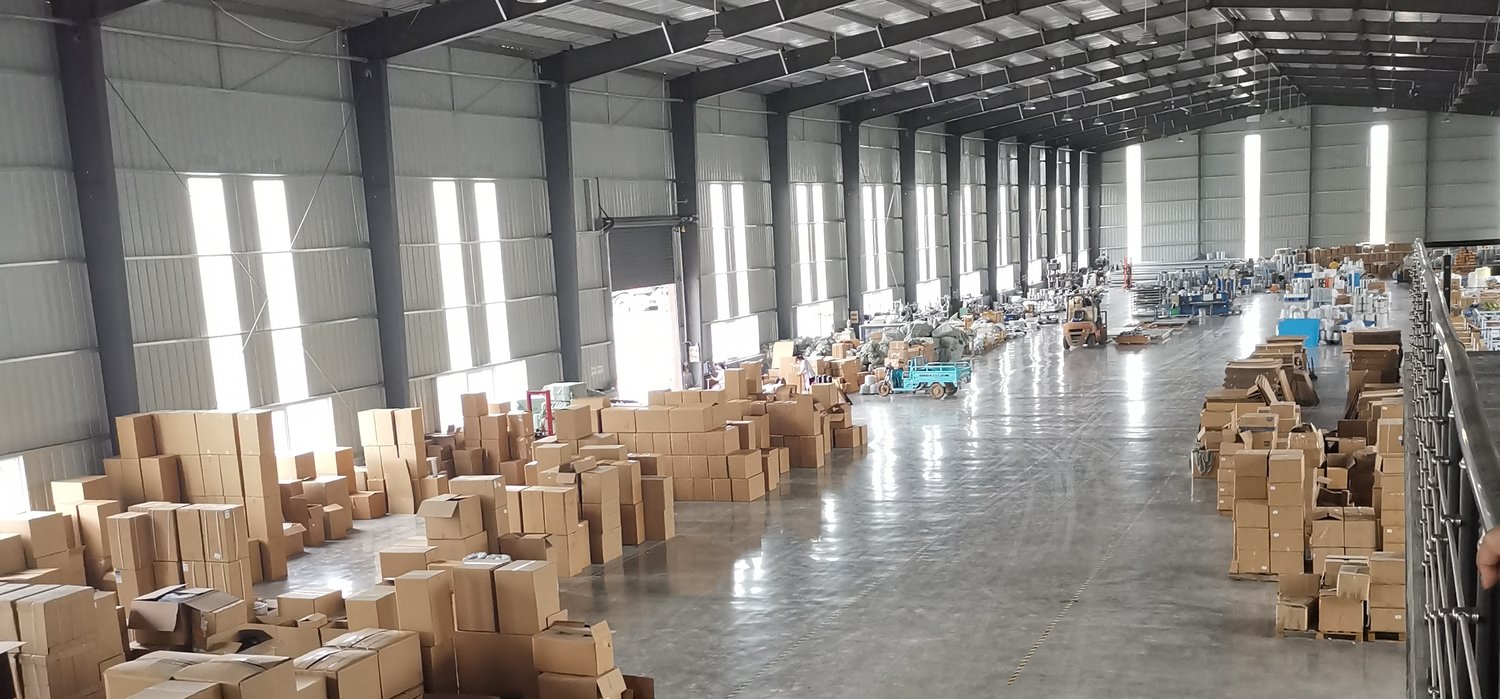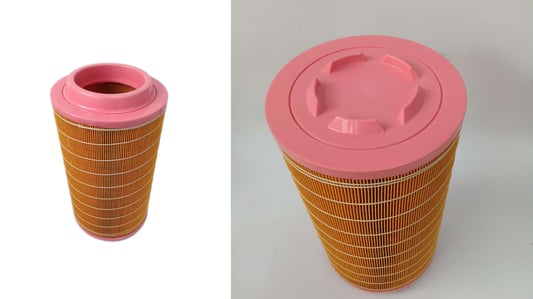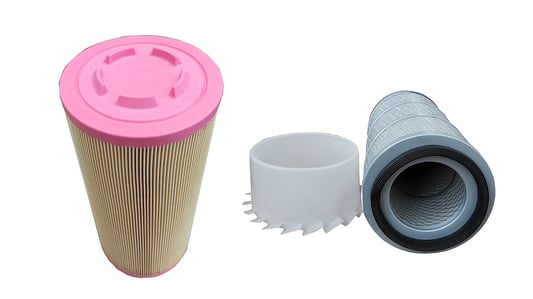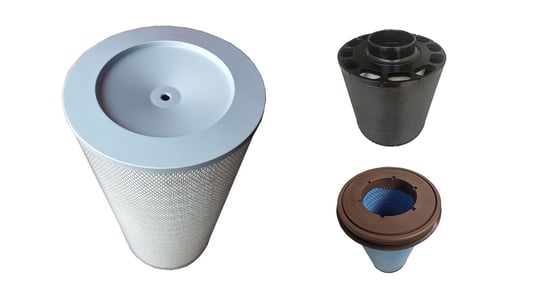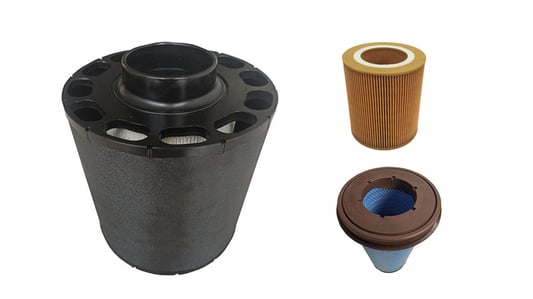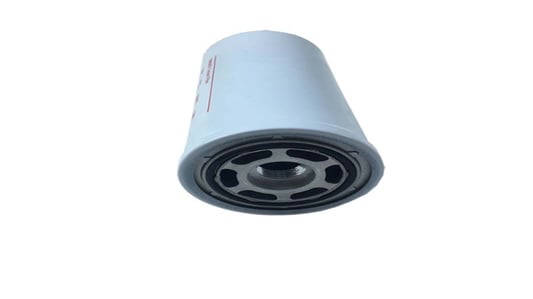Introduction to ingersoll rand auto drain valveIngersoll Rand is a renowned company that offers a wide range of products to ensure optimal performance and efficiency in various industries. One such product is the Ingersoll Rand Auto Drain Valve, which plays a crucial role in maintaining the quality and functionality of air compressors.Functionality of the Auto Drain ValveThe Ingersoll Rand Auto Drain Valve is designed to automatically remove condensate from air compressors. This process helps prevent corrosion, water build-up, and other issues that can compromise the performance of the equipment. By efficiently draining condensate, the auto drain valve ensures that your air compressor operates smoothly and prolongs its lifespan.Benefits of Using the Ingersoll Rand Auto Drain ValveThere are numerous benefits to using the Ingersoll Rand Auto Drain Valve. These include improved efficiency, reduced maintenance costs, extended equipment life, and enhanced safety. By investing in this product, you can experience a significant improvement in the overall performance of your air compressor.Installation and MaintenanceInstalling and maintaining the Ingersoll Rand Auto Drain Valve is simple and hassle-free. It is important to follow the manufacturer's instructions carefully to ensure proper installation. Regular maintenance checks are also essential to keep the auto drain valve functioning at its best and to avoid any potential issues.Compatibility with Air Compressor SystemsThe Ingersoll Rand Auto Drain Valve is compatible with a wide range of air compressor systems, making it a versatile and practical choice for various industrial applications. Whether you have a small-scale operation or a large industrial facility, this auto drain valve can cater to your specific needs effectively.Energy Efficiency and Cost SavingsBy incorporating the Ingersoll Rand Auto Drain Valve into your air compressor system, you can significantly improve energy efficiency and reduce operating costs. The automatic draining process ensures that your equipment operates at peak performance levels, saving you money on energy bills and maintenance expenses in the long run.Reliability and DurabilityIngersoll Rand is known for producing high-quality, reliable products, and the Auto Drain Valve is no exception. With its durable construction and dependable performance, you can trust this auto drain valve to function effectively for years to come, providing you with peace of mind and consistent results.Environmental ImpactThe efficient operation of the Ingersoll Rand Auto Drain Valve helps minimize the environmental impact of air compressor systems. By effectively removing condensate and preventing water contamination, this product contributes to a cleaner and safer working environment, in line with environmental regulations.Versatility and Customization OptionsIngersoll Rand offers a range of customization options for the Auto Drain Valve to suit specific industry requirements. Whether you need a specific size, material, or design, you can find a tailored solution that meets your needs. This versatility ensures that you get the most out of your investment.ConclusionIn conclusion, the Ingersoll Rand Auto Drain Valve is a must-have component for maintaining the efficiency and performance of your air compressor system. With its numerous benefits, ease of installation, and long-term reliability, this product is a valuable addition to any industrial operation.Quote Inquirycontact us

